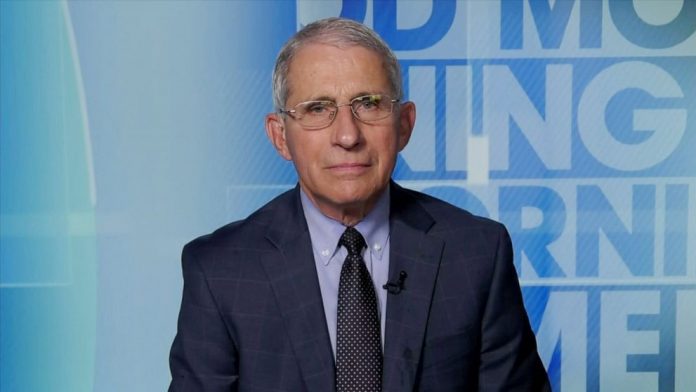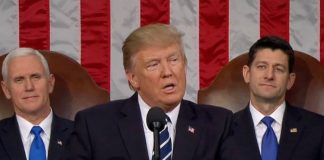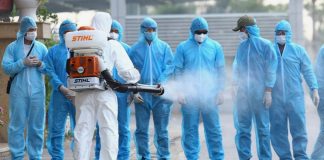As COVID-19 infections and hospitalizations soar to record rates across the United States, the nation’s top expert on infectious diseases is urging Americans to double down on fundamental public health measures and “hang in there” until a vaccine becomes widely available.
“The cavalry is coming here. Vaccines are going to have a major positive impact,” he added. “They’re going to start being implemented and deployed in December. And as we start getting into the early part of the year — it’s going to be January, February, March — more and more and more people are going to be able to be vaccinated. So if we could just hang in there, do the public health measures that we’re talking about, we’re going to get this under control — I promise you.”
Those measures include wearing face masks, maintaining physical distances, avoiding crowds and washing hands as often as possible.
“They sound very simple and, given the really very difficult challenge we’re facing, one might think that that doesn’t make any difference. It really does,” Fauci said.
Fauci, a key member of the current White House coronavirus task force, said health care providers and those who are deemed most at-risk will have priority access to a COVID-19 vaccine, but that “ordinary” citizens should be able to get it in the second quarter of next year.
With November on pace to be America’s worst month yet fighting the coronavirus pandemic, Fauci admitted he didn’t know whether the nation was headed for a lockdown but said “we would like to stay away from that.”
“Hopefully we won’t have to do that,” he added. “The best opposite strategy to locking down is to intensify the public health measures short of locking down. So if you could do that well, you don’t have to take that step that people are trying to avoid, which has so many implications both psychologically and economically. We’d like not to do that.”
When asked about the political limbo in the wake of the presidential election, Fauci said, “Certainly it’s having no impact negatively on our ability as well as our activity in developing vaccines and developing counter measures.”
“It is still a major challenge,” he added. “We’re in a difficult situation and we just got to keep pushing.”













